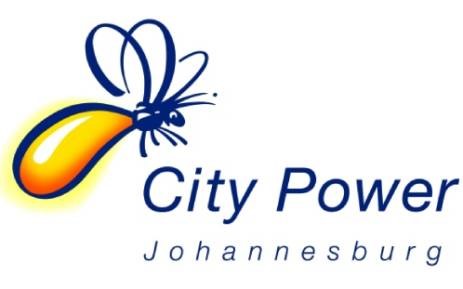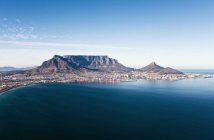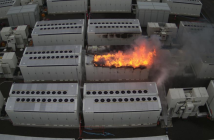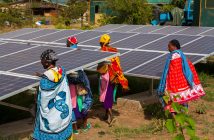The Johannesburg Metro’s City Power has launched their Small Scale Embedded Generation Program, more commonly known as a reverse feed or embedded energy program. The program paves the way for residents and businesses that generate their own electricity through solar power energy production, to reverse feed a limited amount of surplus generation back into the municipal grid. The amount of power fed back is set under a fixed tariff and will be offset against existing City Power electricity accounts.
The model, widely deployed in progressive cities around the world is a no-brainer and a long time coming. Think about it, City Power sets conditions to buy power at a massive discount and sells it on at normal tariff rates, with very little capital outlay. Collectively the participants create a large urban solar farm servicing City Power. The challenge and cost to City Power is the strict implementation and adjustment to their automated billing system to allow for both the purchase and sale of electricity. Something they appear to have overcome.
The application process appears to be simple and invites interested residents and business to complete the Inverter Based Grid Tied PV Installation Form. However, the application form requires technical input and must be completed with the assistance of your qualified solar power (PV) installer. Once approved, a bi-directional advanced (AMI) credit meter needs to be installed by the City or your existing meter needs to be reprogrammed by the City to allow for reverse feed. This is at the home or business owners own cost.
While friendly and accommodating, the department set up to process applications is understaffed. They are based at the City Power Compound at 40 Heronmere Road, Booysens, Johannesburg. There are teething problems and you can expect delays in application processing. Some applicants have waited up to eight months to finalise their applications. However, as the program gathers momentum, more resources will be added to the department and efficiency should ultimately improve.
Despite the administrational challenges, make sure the components and quality of the installation of your Solar Power (PV) systems are of a high standard in order to meet City Powers set conditions as laid out in the application form. The installation must comply with the South African National Standard (SANS ) and a valid Certificate of Compliance (COC) must be issued for the installation. The application process can be quite vigorous and lengthy if the PV system installed does not comply with the standards specified. In this way City Power ensures the reliability of supply for the life of the system. The positive consequence of the high standards that need to be met is the indirect regulation of the Photovoltaic or solar power installation industry. Long story short – pay a little more for a reputable company with a qualified electrical technician or engineer to do your installation.
There are size limitations and the initial tariffs offered are not anything to get excited about. The launch tariff for selling back to City Power has been set at 42.79c per kilowatt hour (kW/h) for residences and 36.14c per kilowatt hour (kW/h) for businesses that are on three phase supply. The size of single phase installations is capped at 4.6 Kilowatts. While the tariffs are low, they are better than nothing and will improve your return on investment plus payback period.
Author: The Green Building Whisperer










2 Comments
Don’t forget that the owner of the PV system will have to shift their tariffs to TOU (time of use) which can change the return of investment to a worse outcome depending on the load.
Great concept and one can only hope that this kind of investment will be more beneficial for residents etc to do and be rolled out to other parts of South Africa. But it is at least a start. Like it is said – the tariffs might be low – but it is better than nothing.